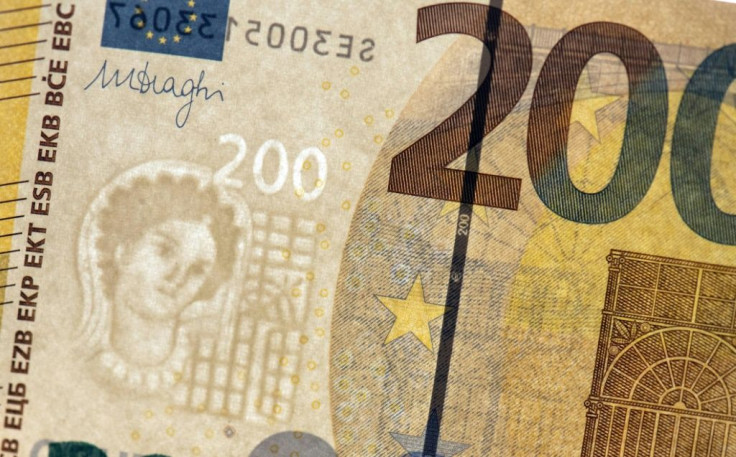Germany posts large public surplus amid budget debate

Germany on Tuesday announced a smaller but nonetheless substantial budget surplus for the first half of 2019, amid increasing calls for Berlin to spend more to stave off recession.
The positive figure of 45.3 billion euros ($50.3 billion) in public coffers is down from the same period last year, when it reached 51.8 billion euros, with a surplus of 62.4 billion euros for 2018 as a whole, federal statistics office Destatis said.
For the past five years, Europe's biggest economy has consistently posted public budget surpluses. The latest figure is 2.7 percent of gross domestic product, suggesting Chancellor Angela Merkel's government could untie the purse strings and boost sluggish growth.
Destatis also confirmed that Germany's GDP declined by 0.1 percent in the second quarter while all signals point to further shrinking in the current quarter, spelling a technical recession.
The German economy, which is highly dependent on exports, is vulnerable to global trading tensions, especially strife between Washington and Beijing, and uncertainty about Britain's exit from the European Union at the end of October.
In seasonally adjusted figures, German exports fell by 1.3 percent from the previous quarter, while imports were down by 0.3 percent, Destatis said.
In annual comparison, exports contracted by 0.8 percent -- the first time that has happened in six years.
'Black zero'
With rising fears of a global downturn, Merkel's government is facing increasing calls, both at home and abroad, to spend more on investments or approve tax cuts to support the economy.
Before the G7 summit in Biarritz, French President Emmanuel Macron had mentioned Germany as among "countries that have the capacity" to stimulate the economy and suggested this was a "profound question" for Merkel to ponder.
Merkel also faces domestic calls to put an end to the dogma of balancing the federal budget, known as the 'Black Zero'.
But with key regional elections looming this weekend and next month, it would be a gamble to ditch the policy, which is popular with voters.
For now, Merkel is refusing to question the policy, which in principle has been set in stone until 2021, despite favourable loan financing conditions and the need for investment in infrastructure.
The chancellor, a champion of European budgetary discipline, has argued that Germany "cannot live sustainably beyond our means" and must be able to finance the state pensions for an ageing population.
A fierce critic of that approach, US economist Paul Krugman recently again criticised Germany's "ruinous obsession over public debt."
Even if Berlin were to decide to dip into debt, its room for manoeuvre is limited because the country's constitution has a 'brake' which limits the annual deficit to 0.35 percent of GDP.
Commerzbank analysts have calculated that this would allow only limited firepower, a "fiscal stimulus in 2020 of only five billion euros".
© Copyright AFP 2024. All rights reserved.





















